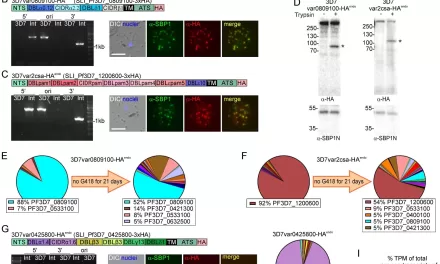
The recently unveiled Draft Postgraduate Medical Education Regulations (PGMER) 2023 by the National Medical Commission (NMC) outlines more severe penalties for misrepresentation, not only by medical colleges but also by the faculties within these institutions. These penalties are primarily financial, as the Postgraduate Medical Education Board (PGMEB) of NMC stipulates that faculties of medical colleges may face fines of up to Rs 5 lakh. They may also be penalized for misconduct under the Professional Conduct Regulations.
The Draft Regulations cover a wide range of aspects including course specialties, components of Post-Graduate training, establishment of Post-graduate medical institutes, initiation of new PG medical courses, admission and counseling procedures, training of PG medical professionals, university roles, departmental details, faculties, senior residents, examinations, sanctions, penalties, faculty development programs, animal experimentation, collaborative research, and more.
The Draft emphasizes that penalties can be enforced for noncompliance or intentional attempts to bypass these regulations. Alongside imposing penalties on medical colleges, the Apex Medical Commission has specified penalties for faculties in medical institutes found guilty of misrepresentation.
The Commission proposes to impose a monetary penalty on the faculties, Heads of Departments (HoD), Deans, Directors, or Doctors for submitting false declarations, documents, or records (including patients’ records). According to the Draft, faculties working in medical colleges may be liable to pay a monetary penalty not exceeding Rs 5 lakhs for this offense. Furthermore, NMC has clarified that such individuals can also face penalties for misconduct under the Professional Conduct Regulations.
This rule regarding penalties for medical college teachers is aimed at curbing the issue of “ghost faculties,” a term coined due to instances of temporary or last-minute transfers during inspections by the NMC. Both the Supreme Court and the former Medical Council of India (MCI) acknowledged this problem and prescribed penalties for doctors involved in providing misleading or incorrect information.
Last year, NMC directed all medical colleges to install a biometric attendance machine for accurately recording the attendance of faculty members, ensuring compliance with the regulations. The Commission instructed the adoption of the Aadhaar Enabled Biometric Attendance System (AEBAS) by August 2022.
The Draft PGMER 2023 also outlines specific penalties for medical institutes found in violation of the rules and regulations. Penalties for medical colleges may include issuing warnings with directives for rectification, imposing monetary fines not exceeding Rs 1 crore per violation, withholding accreditation, recommending to the Medical Assessment and Rating Board (MARB) for various actions such as freezing new courses or reducing student intake, among other measures.
The Draft underscores that the PGMEB will penalize medical colleges or institutions for acts of non-compliance or intentional attempts thereof. The potential penalties include warnings, monetary fines, penalties for faculty members or heads, withholding accreditations, recommending course freezes, reducing student admissions, and more. Any attempt to exert pressure on PGMEB or NMC will lead to an immediate halt in processing applications or requests by the medical institution. Additionally, the institution may be given an opportunity to rectify deficiencies before further action is taken, and criminal proceedings may be initiated for providing false information or fabricating documents as per the prevailing criminal law.










